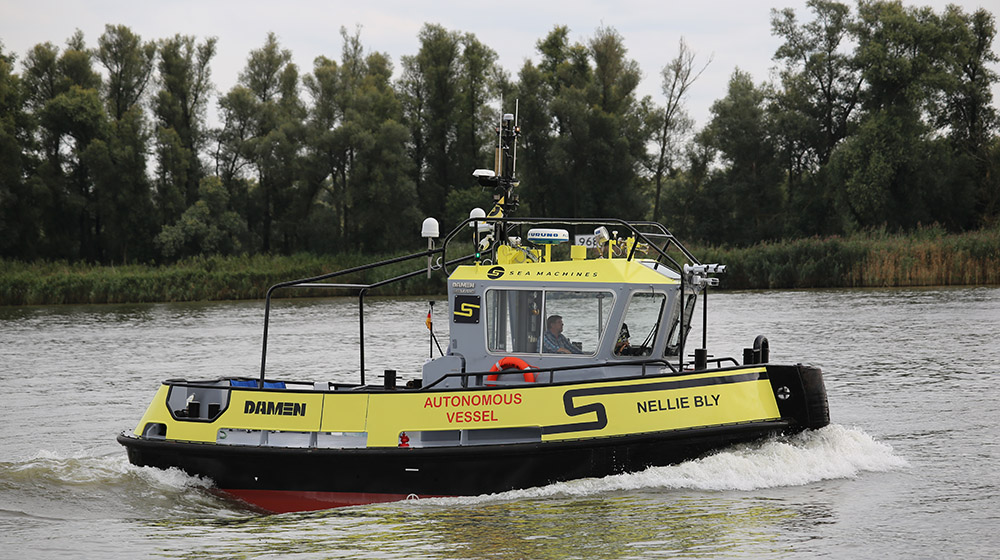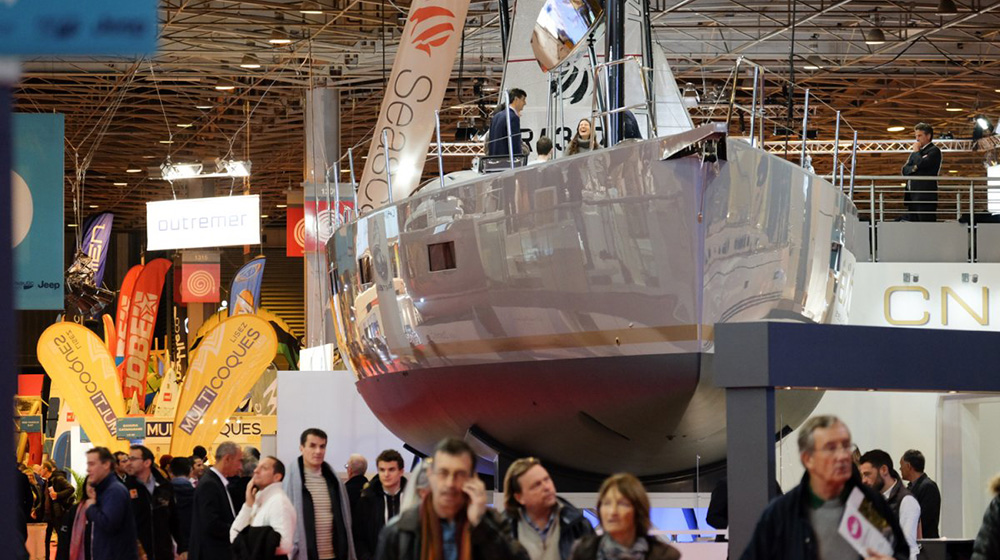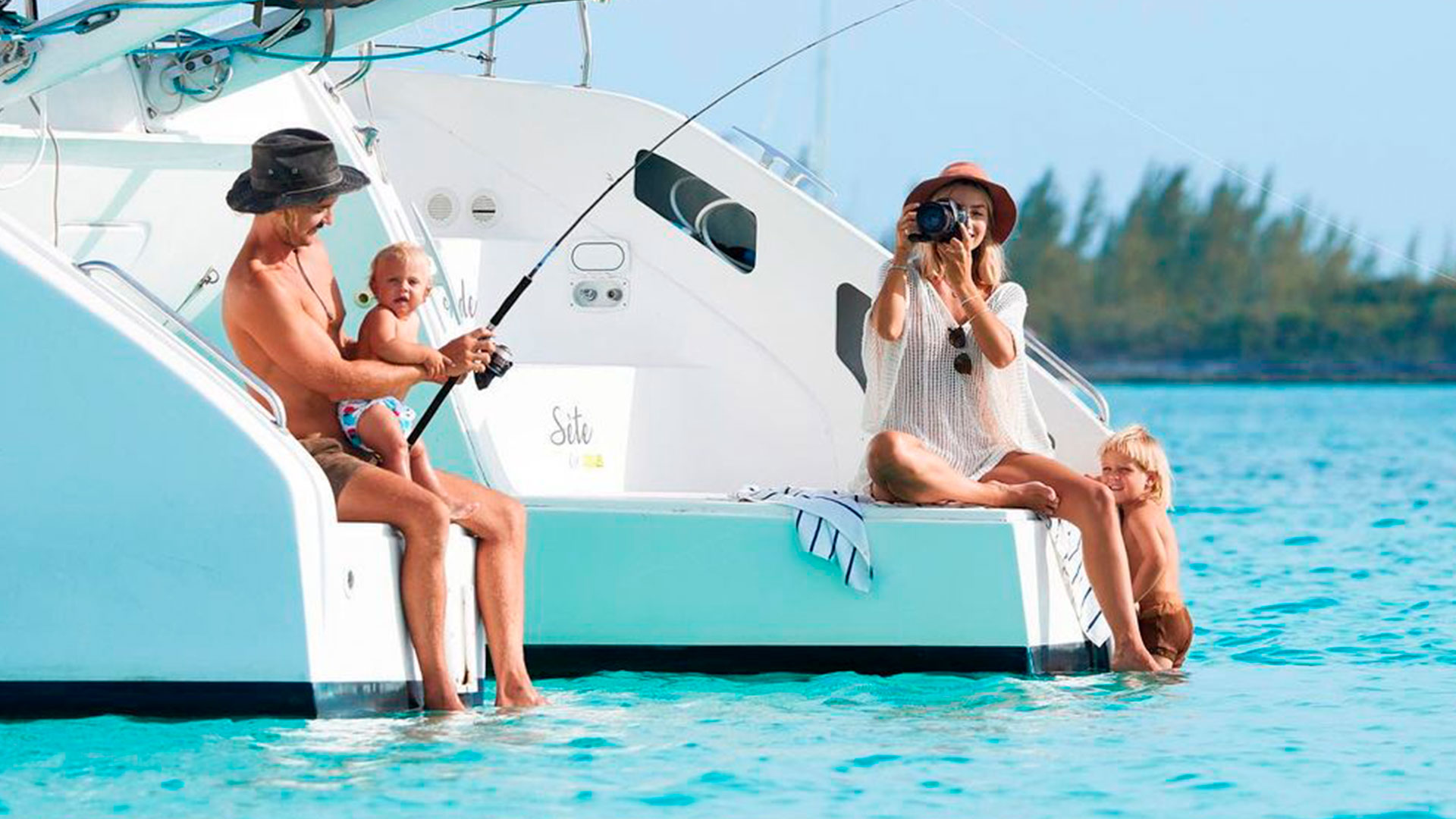
Diving into the potential of blue economy
Reading time: 3.5 minutes
According to the United Nations, every year the ocean economy has a turnover of between 3 and 6 trillion US dollars. This involves employment, ecosystem services that are provided by the ocean and cultural services.
Moreover, 80% of global trade by volume is carried by sea and 350 million jobs worldwide are linked to fisheries. Thanks to the world’s oceans, we have many job opportunities. However, terms such as blue economy, ocean economy or blue growth are unknown by many. What potential lies under the blue economy and how could we benefit from further implementations?
What is the blue economy?
This new concept encourages the sustainability of the ocean resources for economic growth. It helps improve the livelihood and employment, as well as ocean ecosystem health. Blue economy deals with social equity to reduce ecological risks at the time it fuels the economy in a sustainable way.
This economy is not just about market opportunities, it also provides protection and development of intangible ‘blue’ resources. It supports traditional ways of life, carbon sequestration and coastal resilience.
The Blue Economy englobes different economic activities, such as:
Renewable energy: Island electrical infrastructures feed power generated by marine energy systems. This energy is fed to the island electrical grid and consumed in the island. The forms of ocean energy are waves, tides, currents, salinity gradients and temperature gradients. Nonetheless, tidal energy is currently the most mature technology.
Aquaculture: Is an activity aimed at the production of animal proteins in water. This includes fish, molluscs, crustaceans… Fisheries generate approximately 353,000 jobs in the Mediterranean region.
Maritime Transport: This involves the transport of passengers or cargo by a sea-going vessel. The Mediterranean area hosts 17% of the world’s oil tanker capacity. Also, imports represent 11% of world trade.
Tourism: If the sea level rises, the area could experience a loss in beach areas, attractiveness or climate comfort. This affects the value of the tourist experience, leading to changes in expenditure and choice.
Also, in the Mediterranean, coastal areas represent 79% of jobs created in the blue economy.
The Blue Economy also englobes other activities in the ocean industries related to climate change, waste management, mineral resources, marine biotechnology, shipbuilding...
Blue economy vs Ocean Economy
Despite the term being used interchangeably by some organizations, both terms represent different concepts. Ocean economy simply deals with the use of ocean resources, and is strictly aimed at empowering the economic system of the ocean.
However, the Blue Economy goes beyond. This is because it does not see the sustainable ocean economy as a mechanism for economic growth alone. It also focuses on the sustainability of the ocean for its economic advance. This means it encompasses ecological aspects together with economic factors.
Other related terms include the Green Economy. This is defined as the economy that aims to reduce the environmental risk for a sustainable development without degrading the environment. The blue economy is part of the green economy.
Also, blue growth is used to “support the growth of the maritime sector in a sustainable way”. This has been adopted by the European Union as an integrated policy to achieve the goals of the Europe 2020 strategy.
The potential of ocean activities
Besides all the potential traditional ocean activities like fisheries, tourism or maritime transport entail, there are more benefits from a sustainable blue economy. Added benefits include emerging industries (renewable energy, aquaculture, marine biotechnology). This would help developing countries manage their marine and coastal resources in order to improve their economic development.
According to Elemental Solutions, we can use smart shipping to decrease the impact on the environment. The Blue Economy is inclusive of all populations and takes action against illegal fishing and protection of coastal communities.
Also, aquaculture is one of the fastest growing food sectors. It supplies 58% of fish to global markets, and helps reduce illegal fisheries and issues that come with it. This at the time can help protect marine animals that are endangered and sustainably manage our food resources.
What is being done in Europe?
In Europe, the European Commission has proposed the long term ‘Blue Growth’ strategy that has already reached 4 million people employed. This contributes almost 2% in terms of employment in the EU and 1.3% in terms of GVA. Also, gross operating profit reached 74.3 billion euros.
“Though our oceans cover more than 70% of the earth’s surface, we know less about what lies beneath the waves than we do about faraway planets. This prevents us from making the most of our resources while protecting marine ecosystems. [...] Our oceans and seas can help us in tackling the challenges facing humanity; creating prosperity without endangering that of future generations,” -Tibor Navracsics, from the European Institute for Innovation.
Moreover, the total turnover reached EUR 658 billion. Who are the main contributors in Europe? The UK, Germany, France, Italy and Spain. These countries contribute 61% of employment and 70% of GVA.
Did you like this article? Choose the right surfboard for you now or discover the meaning behind nautical flags. If you have more time, give us some love on our social media: Facebook, Instagram and Twitter. <3













_v2.svg)
_v2.svg)









_v2.svg)


